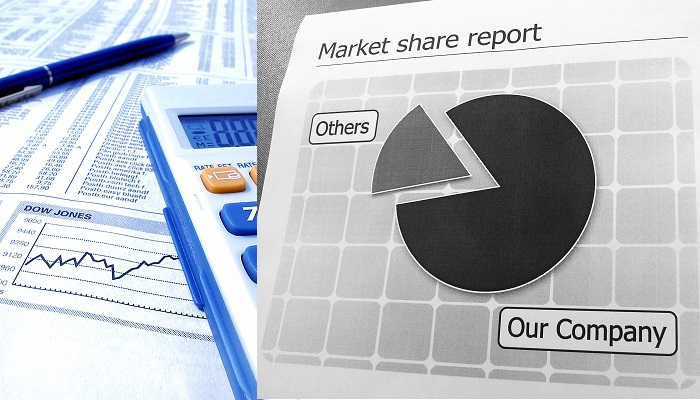 If you own a business you know that marketing is one of those things that everyone tells you are essential. Most people understand the sales process, but marketing is often seen as a bit ‘woolly’!
If you own a business you know that marketing is one of those things that everyone tells you are essential. Most people understand the sales process, but marketing is often seen as a bit ‘woolly’!
I used to work for a big organisation and their marketing manager covered advertising, press releases, promotional activities, sponsorship of events, PR and liaised with the ad agency. This included things like preparing our entries for industry awards, getting articles in local and international press, getting photos of famous faces in our shops and us featured on TV worldwide (if you’ve ever heard of Dubai Duty Free – you’ll know they’ve been pretty successful!)
It was only when I was studying for my professional qualifications that I discovered the part of the marketing iceberg that lies beneath the surface. Did you know that an essential part of marketing is statistics? No, neither did I (and my appalling schoolgirl maths quailed at the thought of correlation coefficients and mean deviations, not to mention scattergrams). So are demographics, both target and actual. In fact when you dig about in the marketing equation and it’s revealed in its full glory it affects:
Research and development
This is where the maths comes in, who is in your market and what do they want? Only the really big organisations can afford to invest huge amounts of money in developing something really brand new.
People hold up products like the Sony Walkman (you need to be over 35 to remember this) and the iPod as revolutionary, but they are just an innovative next step from 45s and LPs, transistor radios and portable tape recorders. The market for portable music was already established – and Steve Jobs was smart by using customer language (1000 songs in your pocket) rather than manufacturer language (digital storage for music) – that’s good advertising!
I learned long ago that, instead of developing a brand new product and then having to find a market for it, it’s much better to find out what people want and then develop a product (or service) to fulfil that need, it’s far less effort and has a much higher success rate.
Finance
Marketing costs money! The smart finance department doesn’t try to prevent the marketing people from spending money, but they DO want to know the expected return on investment. Having to prove that your marketing is highly targeted does wonders for focusing the mind. It also stops creative marketing people from grabbing the next new shiny thing.
How many companies have got a Facebook page that they invest lots of time on? But their primary market is businesses, not consumers – and they spend very little effort on LinkedIn. That just means they haven’t thought it through.
I’ve come across companies who advertise in publications that very few of their target market read, appear on prime time TV ads, when they’re promoting something that won’t appeal to the majority of viewers, grab a great deal for local advertising in places their ideal clients rarely visit, etc. etc. Getting your marketing targeted and developing a budget that you can justify makes sense no matter how big or small your organisation is.
Purchasing
Some people think this is part of the finance function – and in some organisations it is. If you’re buying goods either for resale or to manufacture a product there will need to be a purchasing plan – and that needs to be coordinated with the marketing people. There needs to be enough to meet the customers demands, but not so much that you have to pay for expensive storage space when you’re overstocked.
Sales
Contrary to popular belief, marketing is not part of sales. Actually it’s the other way around – sales is part of the marketing function.
HR
OK, I can hear you thinking ‘You’ve got to be joking! How can HR be part of marketing?’ Marketing drives sales and people are needed to either sell the products, deliver the services or manufacture the goods – or all three. If sales volume is low, fewer people are needed. If sales volume is high, the customers will get snitty if they can’t get hold of anyone to buy from or there aren’t enough products available or they have to wait to get service – that’s a quick way to lose your business to competitors. High sales are good, but only if you’re equipped to deal with them.
You’re probably beginning to get the picture – marketing underpins everything the organisation does. It impacts on every department and is the lynchpin around which the organisation revolves. Marketing messages aren’t just something that result from the creative’s latest brainstorm, they’re researched, targeted, tested, focused and supported.
I specialise in reputation marketing, which is just a small slice of the marketing cake. However, whether you’re working in a big business or running a sole consultancy all these aspects need to be considered. The more effort you put in, the better the results you’ll get out – that translates to money in the bank and the success of your business.
